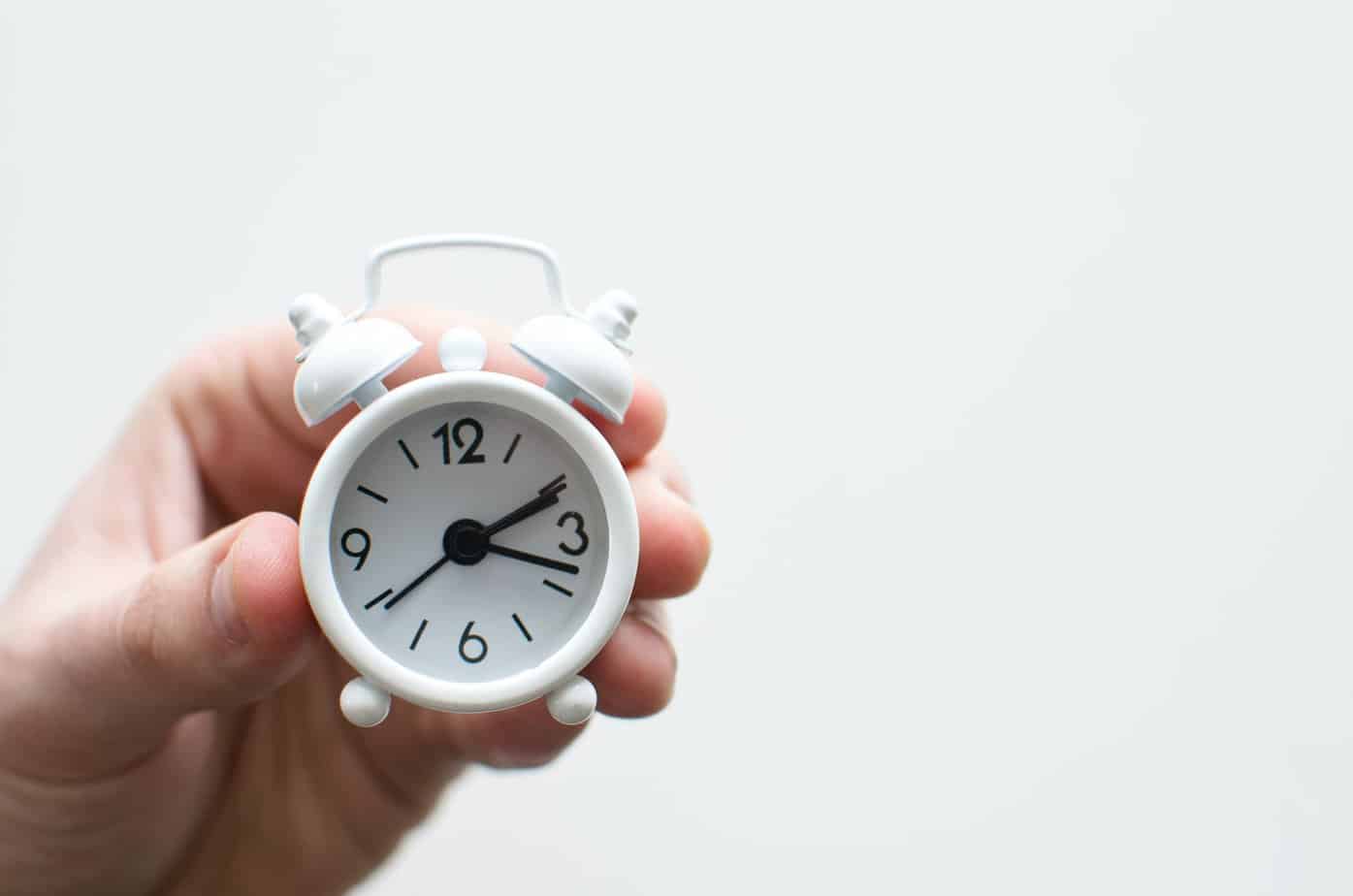
In supermarkets, drugstores, bakeries, at doctors and dentists… For food, clothes, cosmetics… Standing in lines and waiting is part of our everyday life. It can be frustrating and cause discomfort. Is there anything we can do to make the wait more pleasant and not make it seem like it lasts an eternity?
It only takes a moment’s reflection to come to the conclusion that waiting takes up a large part of our lives. Standing in lines frustrates and annoys everyone without exception. However, from a scientific point of view, it can be at least an interesting phenomenon to study and discuss. The issue of waiting was addressed as early as 1985 by David Maister, an American writer and expert in business management practices, who published an article titled “The Psychology of Waiting Lines.” In his text, Maister provided surprising (and accurate) insights into waiting from a psychological perspective.
Maister pointed out several factors that make us feel that the time spent in lines is very long. Let’s take a look at them.
There is no denying that while waiting in lines, we are most often bored. We stand or sit idle and it seems to us that time passes more slowly. Note that we have the completely opposite feeling when we are busy or preoccupied with something – then the following hours pass all too quickly. Idleness and the resulting boredom make it seem as if we have been waiting for a very long time, even if in reality only a few minutes have passed.
While waiting for our turn, such as at the doctor’s office, we often feel anxious. We worry about whether we are standing in the right line, fear that we will be left out, or wonder why there is a delay and how much longer it will last. According to Maister, people worry less when someone specifically states their waiting time, saying, for example: “The doctor will see you in thirty minutes.” Less precise wording, such as “The doctor will be arriving soon,” makes us feel insecure and thus makes the wait longer.
While waiting in lines, we often feel that we have experienced injustice. This most often happens when someone pushes their way into the queue. A sense of injustice can also arise in a store when an extra service desk is opened. Then customers who were standing at the end of the queue may reach the new stand faster and be served. Such situations are inconsistent with the FIFO (first in, first out) system, which stipulates that customers should approach service desks in the order in which they waited in line. Failure to follow this system annoys many people and causes discomfort, making the wait longer.
Standing in lines and waiting can’t be avoided, but it can be made more pleasant so that the time doesn’t get longer. It’s a good idea to carry books and magazines with you, including electronic versions, and read while you wait. This will effectively occupy the time, so we won’t get bored. Maister also notes that when we wait with a companion or in a group, the waiting time seems shorter. For shopping and going to the doctor, we can take someone close to us, with whom the time will not be long.
main photo: unsplash.com/Lukas Blazek